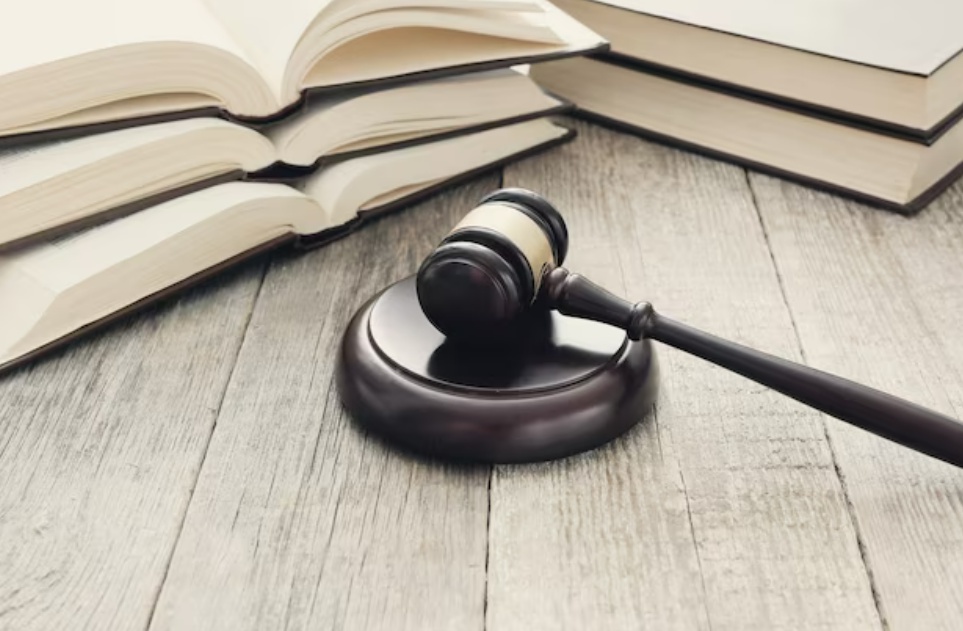Introduction:
Domestic violence is a pervasive issue that affects countless individuals and families, necessitating legal measures to protect victims and prevent further harm. In the state of Virginia, one such legal recourse is the Domestic Violence Protective Order (DVPO). This article aims to provide a thorough understanding of DVPOs in Virginia, offering valuable insights and frequently asked questions (FAQs) to empower those seeking protection.
Understanding Domestic Violence Protective Orders in Virginia:
-
What is a DVPO? A Domestic Violence Protective Order is a court-issued order designed to protect individuals who have experienced domestic violence, abuse, or threats from a family or household member. In Virginia, these orders are legally binding and provide specific protections for the victim.
-
Who can obtain a DVPO in Virginia? Any person who has been a victim of domestic violence or fears imminent harm from a family or household member can petition the court for a DVPO in Virginia.
-
Types of DVPOs:
- Emergency Protective Order (EPO): Issued by law enforcement at the scene of a domestic violence incident.
- Preliminary Protective Order (PPO): Obtained from a magistrate or judge, often lasting up to 15 days.
- Final Protective Order (FPO): Granted after a court hearing, potentially extending protection for up to two years.
-
The Process of Obtaining a DVPO:
- Filing a petition at the local courthouse.
- Attending a court hearing where evidence is presented.
- The judge determines whether a protective order is warranted.
-
Violation of a DVPO: Violating a DVPO is a criminal offense in Virginia, carrying severe consequences, including fines and imprisonment.
FAQs:
Q1: How long does a DVPO last in Virginia? A: The duration varies. Emergency Protective Orders last up to 72 hours, Preliminary Protective Orders up to 15 days, and Final Protective Orders can extend for up to two years.
Q2: Can I get a DVPO against a non-family member? A: No, DVPOs in Virginia are specifically for incidents involving family or household members.
Q3: What evidence is needed to obtain a DVPO? A: Evidence may include police reports, medical records, photographs, or witness statements documenting the domestic violence.
Q4: Can I modify or extend a DVPO? A: Yes, it is possible to request modifications or extensions of a Final Protective Order, but you must provide a compelling reason to do so.
Q5: Is there legal assistance available for DVPO proceedings? A: Yes, victims can seek legal aid or consult with organizations specializing in domestic violence support to navigate the legal process.
Conclusion:
Domestic Violence Protective Orders in Virginia serve as a crucial legal tool to protect individuals from domestic violence. Understanding the types of orders, the process of obtaining them, and the associated legal consequences is essential for those seeking protection. If you or someone you know is a victim of domestic violence, seeking assistance from legal professionals and support organizations is crucial in ensuring a safer and more secure future.


No comments yet